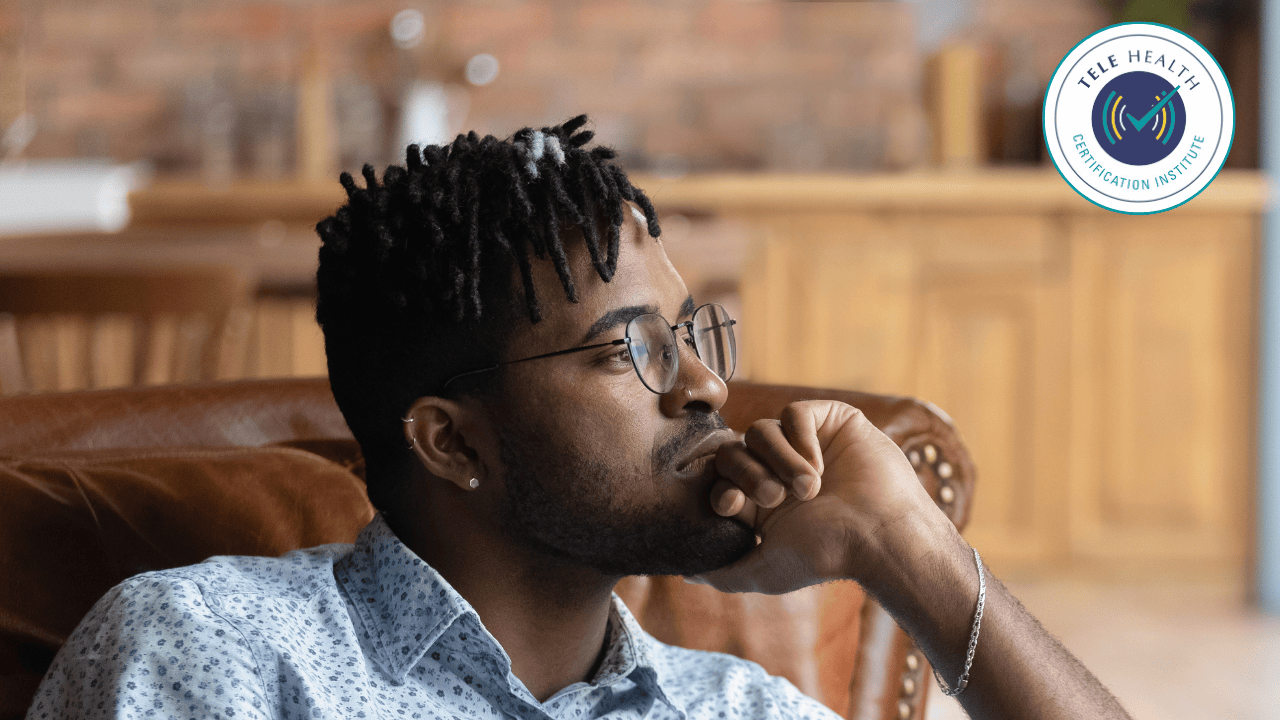Racial & Cultural Diversity: Understanding Trauma and Intervention
Enroll in the Online Self-Study course and complete it at your own pace.
1 CE hours available for behavioral health clinicians upon completion.

Race-based trauma often hides in plain sight—embedded in daily microaggressions, systemic inequities, and historical oppression that continue to impact the mental health of BIPOC clients. As clinicians, failing to address these issues directly can undermine trust, silence lived experience, and limit the healing potential of therapy.
This course provides behavioral health professionals with the frameworks, language, and personal insight needed to better support clients navigating the ongoing effects of racial trauma. Through practical strategies and reflective guidance, participants will gain tools to open conversations, acknowledge difficult truths, and foster a truly inclusive and healing clinical relationship.
Enroll in the 1 CE Online Self-Study for $20
Payment Options are listed at checkout
Register for the 0 CE Training Video for $10
Payment Options are listed at checkout
Dr. Sonja Sutherland, PhD, LPC, ACS, BC-TMH, brings more than two decades of experience to this course. She is a licensed clinician, professor, and nationally recognized trainer in racial trauma and cultural competence. Dr. Sutherland’s work is rooted in her leadership at Legacy Changers Worldwide and her research in culturally informed intervention and supervision practices.
Dr. Sutherland's approach combines research-informed insights, case examples, and deep reflection to guide clinicians through the internal and external work required to engage in anti-racist clinical practice. Participants are encouraged to assess their own readiness, recognize implicit bias, and develop actionable strategies for allyship in the therapeutic space.
Topics covered include the socio-political context of race-based trauma, the mental health effects of racial battle fatigue and microaggressions, strategies for broaching racial trauma in therapy sessions, and ethical responsibilities across behavioral health codes. The course also explores personal readiness for addressing racial equity, including self-care, vulnerability, and allyship in clinical settings.

Instructor
Born and raised in Brooklyn, New York, Dr. Sonja Sutherland, PhD, LPC, ACS, BC-TMH, is the founder and CEO of Legacy Changers Worldwide, an organization dedicated to providing family education and mental and emotional wellness resources. The Legacy Changers Worldwide umbrella has provided support through the Legacy Changers Counseling Center, The Family Healing Room, VASAYO, and previously as host of a local Atlanta talk-radio show focusing on family relationships and mental wellness. In addition, Dr. Sutherland provides intermediate and advanced continuing education workshops for licensed clinicians, and post-masters supervision for associate licensed clinicians through Legacy Professional Development & Training. More information on services and programs offered by Dr. Sutherland can be found here.
Dr. Sutherland's CV can be found here
Key Takeaways:
Understand the race-trauma connection: Learn how racism impacts mental health and contributes to trauma-related symptoms in BIPOC clients.
Open effective dialogue: Gain skills to initiate and sustain safe, healing conversations around racial trauma in therapy.
Foster cultural humility and growth: Evaluate your own role in racial equity and implement strategies for lifelong personal and professional change.
Why This Course?
Clinically essential training: This course equips you with the insight and strategies needed to ethically and effectively serve clients impacted by racial trauma.
Expert-led and research-informed: Dr. Sutherland is a respected leader in cultural competence and trauma work, making this training both authoritative and practical.
A safe, structured format for learning: Engage with the material at your own pace through a self-study model designed to promote self-reflection and deep learning.
Learning Objectives:
Describe the connection between race-based traumatic stress injury and chronic psychological distress experienced by BIPOC individuals.
List 2 key steps/processes involved in successfully & therapeutically talking with clients about discrimination, racial stress, and racial trauma.
Identify 2 ways to evaluate the extent of, and move the needle on, one’s own involvement in promoting racial equity.
This course offers a meaningful opportunity to deepen your cultural responsiveness and clinical integrity. Let this training support your commitment to ethical, effective, and equity-centered care—one client conversation at a time.
Add this course to your cart to develop your skills, boost your confidence, and enhance your impact as a behavioral health professional.
This is a non-interactive self-study course that consists of 1 hour of video instruction and a post-test.
Select each tab for course details
Availability: From the time of registration, you have six months to access the coursework.
Who Should Attend: This course is intended for clinicians who provide behavioral health services.
Teaching Methods: This is a non-interactive, self-study course. Teaching methods for this course include recorded lectures, videos, a post-test, and a course evaluation.
How to attend: Directions for completing a course can be found by clicking here.
This program was recorded on March 23, 2021.
Testimonials
Bridgette Nalumu
Public health consultant, Green and Purple Consultancy Network
Lora Verley
Clinical Therapist, Bayless Integrated Healthcare
Jackie Tanna
Therapist, Region One Mental Health
Jackie Bell-Russell
Therapeutic Behavioral Strategist, Rialto Unified School District